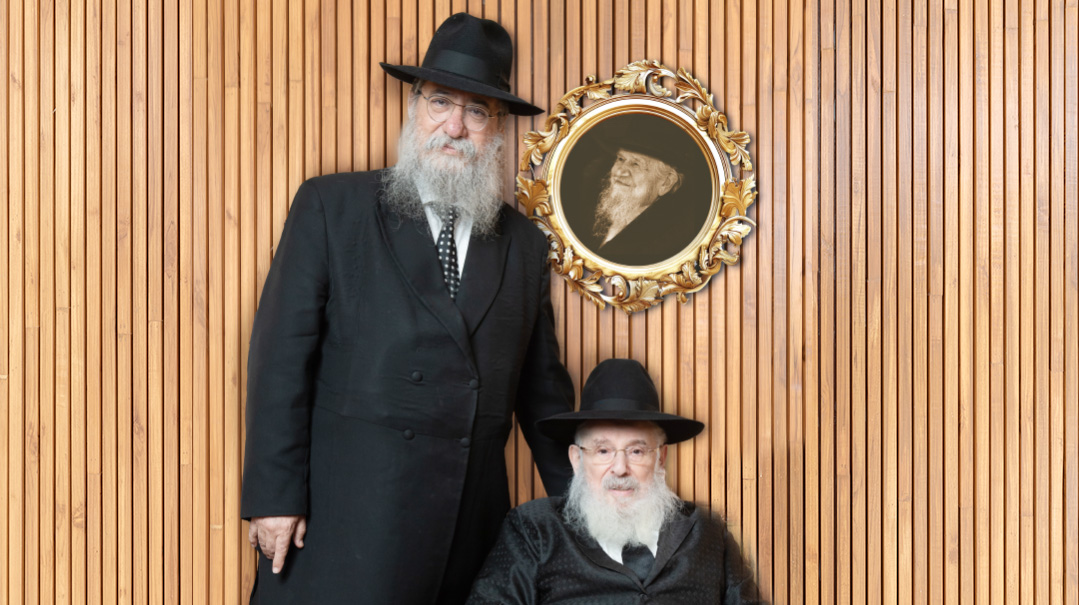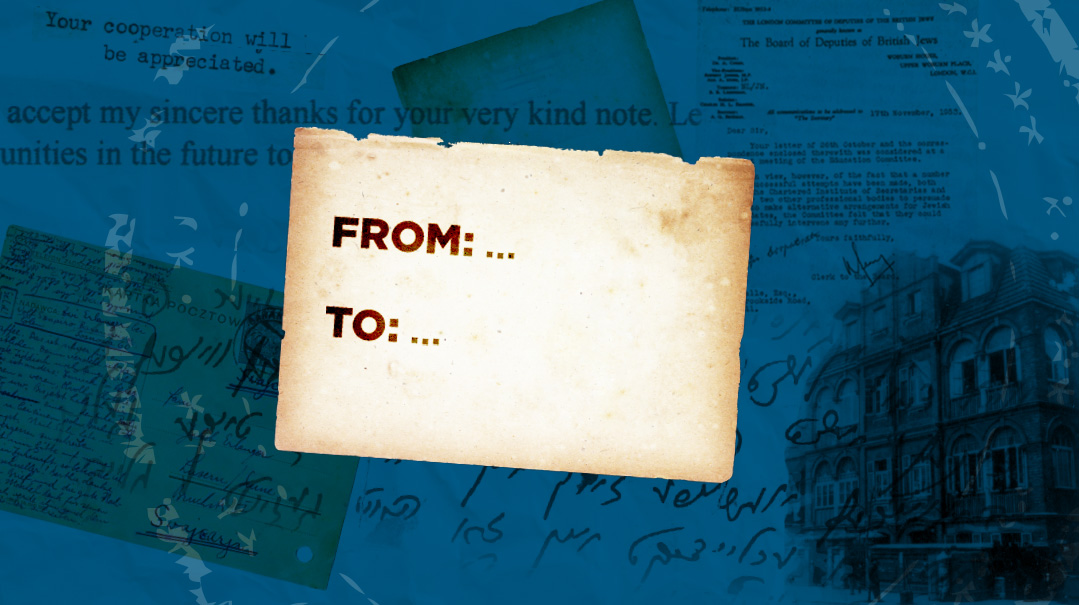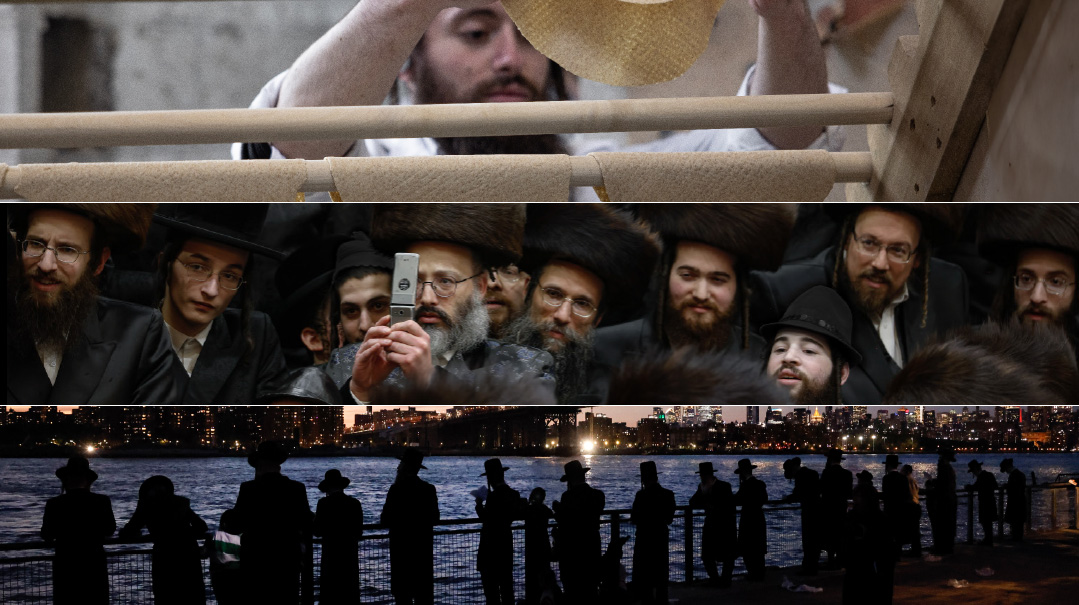Painting a Better Future
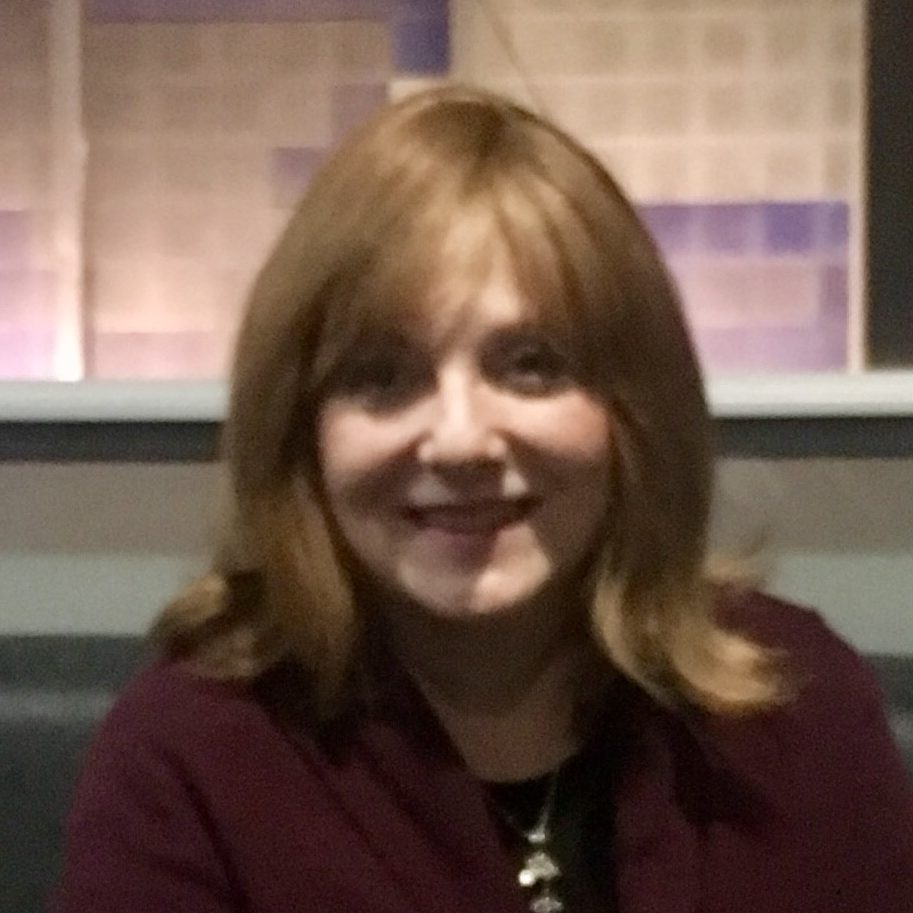
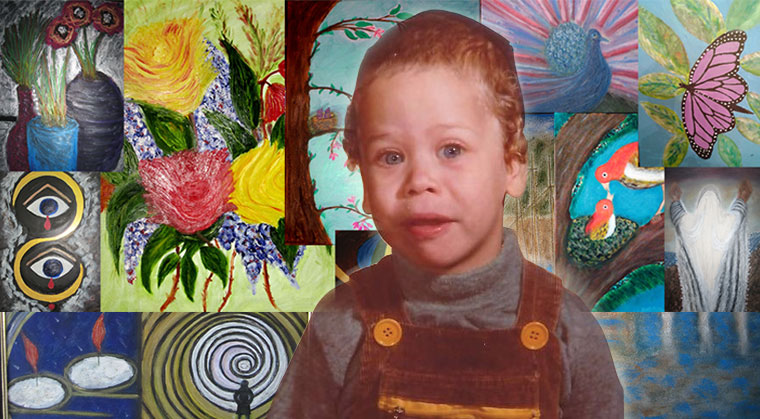
LONELY ROAD Today one in 10000 births worldwide is affected by Williams syndrome; in the U.S. an estimated 20 000 to 30 000 people have been diagnosed with the condition. Yet when her son was diagnosed with the condition Yehudis Zimlichman often found herself pitted against government and Jewish social agencies even her own community
T he Young Israel of Montreal was filled to capacity that Shabbos morning in 1989. Over 400 guests sat spellbound focusing on the boy with the big blue eyes and soft melodious voice who was flawlessly reciting his haftarah.
His mother Yehudis Zimlichman stood by the curtains she’d slightly pushed aside her eyes fixed on her son. Time seemed suspended; no other reality existed for her but this. When it was over he glanced her way. “I did it ” his smiling eyes seemed to say. “I told you I would.”
Only then did Yehudis give in to the wave of emotions whirling within. Tears flowed as she was overcome with pride and gratitude at her son Chaim’s achievement. “He felt just like every other 13-year-old boy. That is what he aimed for — to be as ‘normal’ as possible. That day he accomplished that” she says.
Rough Beginnings
It had been an arduous journey for both. Chaim was born with Williams syndrome a rare genetic condition that left him intellectually and physically impaired. Back then in 1976 the condition was little understood; at the time only 27 cases had been diagnosed in North America.
Chaim’s long-term prognosis wasn’t promising. One doctor told Yehudis that children with Williams syndrome rarely live more than 13 years. Another informed her that Chaim would never walk or talk; he advised placing Chaim in a home and getting on with her life. The Zimlichmans already had two other children he said and there was no reason for them not to have others. This condition was not hereditary; it was simply “a fluke of nature.”
But nothing pushes Yehudis to act more than being told “It can’t be done.” “If they tell me it’s impossible I’ll work ten times harder to prove them wrong” she says.
And prove them wrong she did; not only in regard to Chaim whose development was astonishing but for many other frum special-needs children and young adults living in Montreal too. In 1981 she helped establish the Jewish Association for Special Education (JASE) a program that provided frum elementary and high schools with resources for educating lower- and higher-functioning students. Before JASE these students were either integrated into regular classrooms without the help they needed or they attended secular schools. In 1987 she helped found Maison Shalom a frum group home for physically and intellectually handicapped children and young adults. A second home opened 16 years later.
These accomplishments didn’t come easily. Yehudis often found herself pitted against government and Jewish social agencies even her own community. It was hard to raise money for basic education many claimed — why divert it away from the needs of the majority for the benefit of the few?
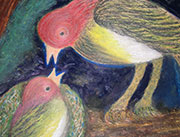
“I have a fundamentally different appreciation about what a child can achieve if we only try” says Yehudis Zimlichman
But at Chaim’s bar mitzvah surrounded by family friends and community Yehudis understood that this milestone was not Chaim’s alone rather one they both shared. “At that moment I wondered if other parents of children with special needs could take inspiration from seeing Chaim and watching 400 people cheering him on. And I told myself it was all worth it. All that hard work that went into Chaim’s development and that of all the other children who will now benefit from people learning to accept and love them as they are regardless of their disabilities. At that unforgettable moment I felt Chaim proved to everyone that there’s hope that parents should never give up on their child.”
Oops! We could not locate your form.


